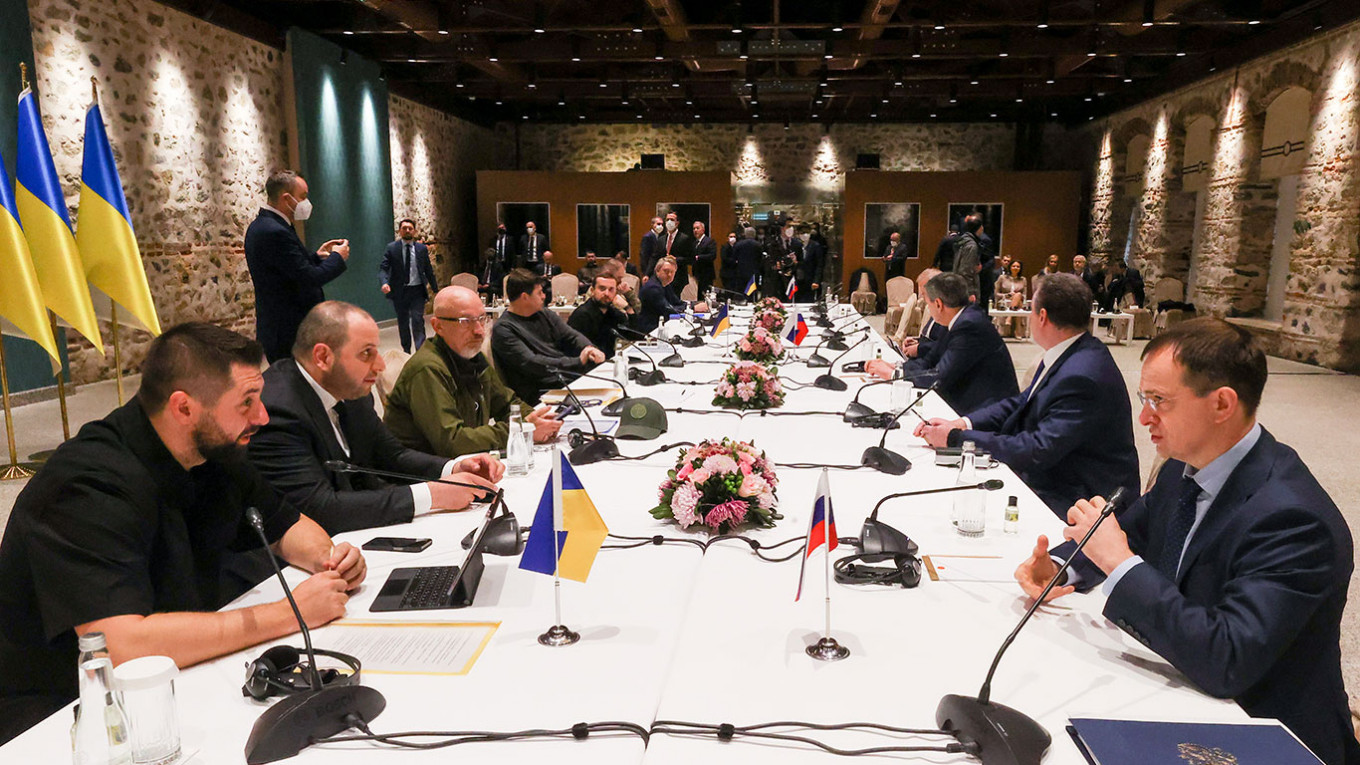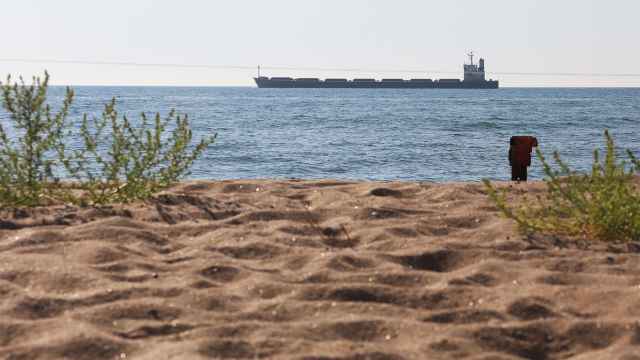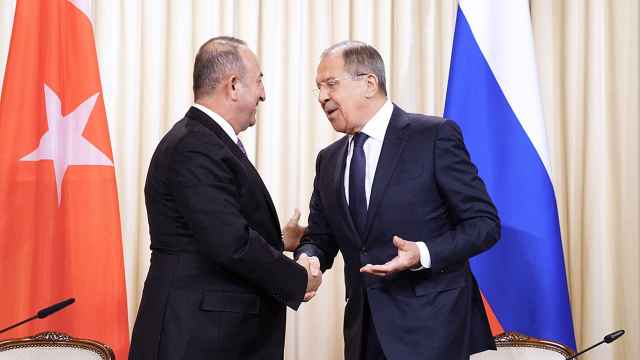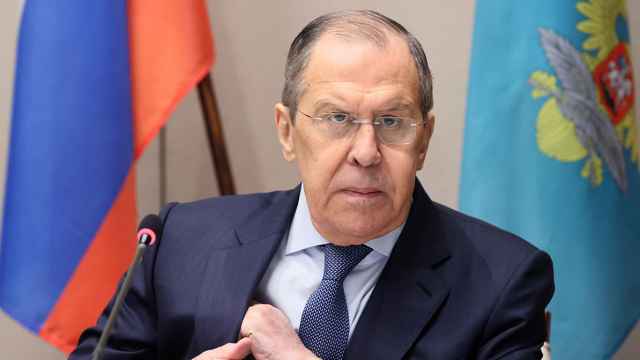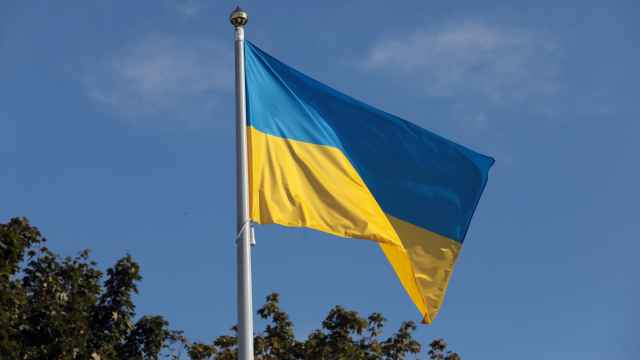Russian and Ukrainian negotiators began face-to-face talks in Istanbul on Tuesday, the official Turkish news agency said, with host Turkish President Recep Tayyip Erdogan urging them to "put an end to this tragedy."
The face-to-face talks at the Dolmabahce palace in Istanbul are aimed at trying to end a war has killed an estimated 20,000 people and forced more than 10 million from their homes.
"The two parties have legitimate concerns. It's possible to reach a solution acceptable to the international community," Erdogan said.
"It's up to the two parties to put an end to this tragedy," he insisted, adding that the "extension of the conflict is in no one's interest."
"The whole world is waiting for good news from you," Erdogan continued.
Turkish Foreign Minister Mevlut Cavusoglu was also due to meet the Ukrainian and Russian delegations on Tuesday.
Turkey previously hosted on March 10 the first meeting between the Ukrainian and Russian foreign ministers following Russia's invasion of Ukraine on February 24.
Those talks in the southern city of Antalya failed to produce a ceasefire or make any other visible progress.
On Monday evening, Erdogan said his country was the only one, since Russia's annexation of Crimea in 2014, to have made genuine efforts to find a solution to the crisis through dialogue, negotiation and an agreement.
Turkey, which shares a Black Sea coast with both Russia and Ukraine, is seeking to maintain good relations with both and has offered to mediate since the start of the war.
Ankara is a traditional ally of Kyiv's and has supplied the country with Bayraktar drones, which Ukraine has deployed in the conflict.
But it is also seeking to stay on good terms with Russia, on which Turkey depends heavily for gas imports and tourism revenues.
Turkey is also working with France and Greece on a "humanitarian operation" to evacuate people from the devastated Ukrainian port city of Mariupol, which has been pounded by Russian forces.
A Message from The Moscow Times:
Dear readers,
We are facing unprecedented challenges. Russia's Prosecutor General's Office has designated The Moscow Times as an "undesirable" organization, criminalizing our work and putting our staff at risk of prosecution. This follows our earlier unjust labeling as a "foreign agent."
These actions are direct attempts to silence independent journalism in Russia. The authorities claim our work "discredits the decisions of the Russian leadership." We see things differently: we strive to provide accurate, unbiased reporting on Russia.
We, the journalists of The Moscow Times, refuse to be silenced. But to continue our work, we need your help.
Your support, no matter how small, makes a world of difference. If you can, please support us monthly starting from just $2. It's quick to set up, and every contribution makes a significant impact.
By supporting The Moscow Times, you're defending open, independent journalism in the face of repression. Thank you for standing with us.
Remind me later.


